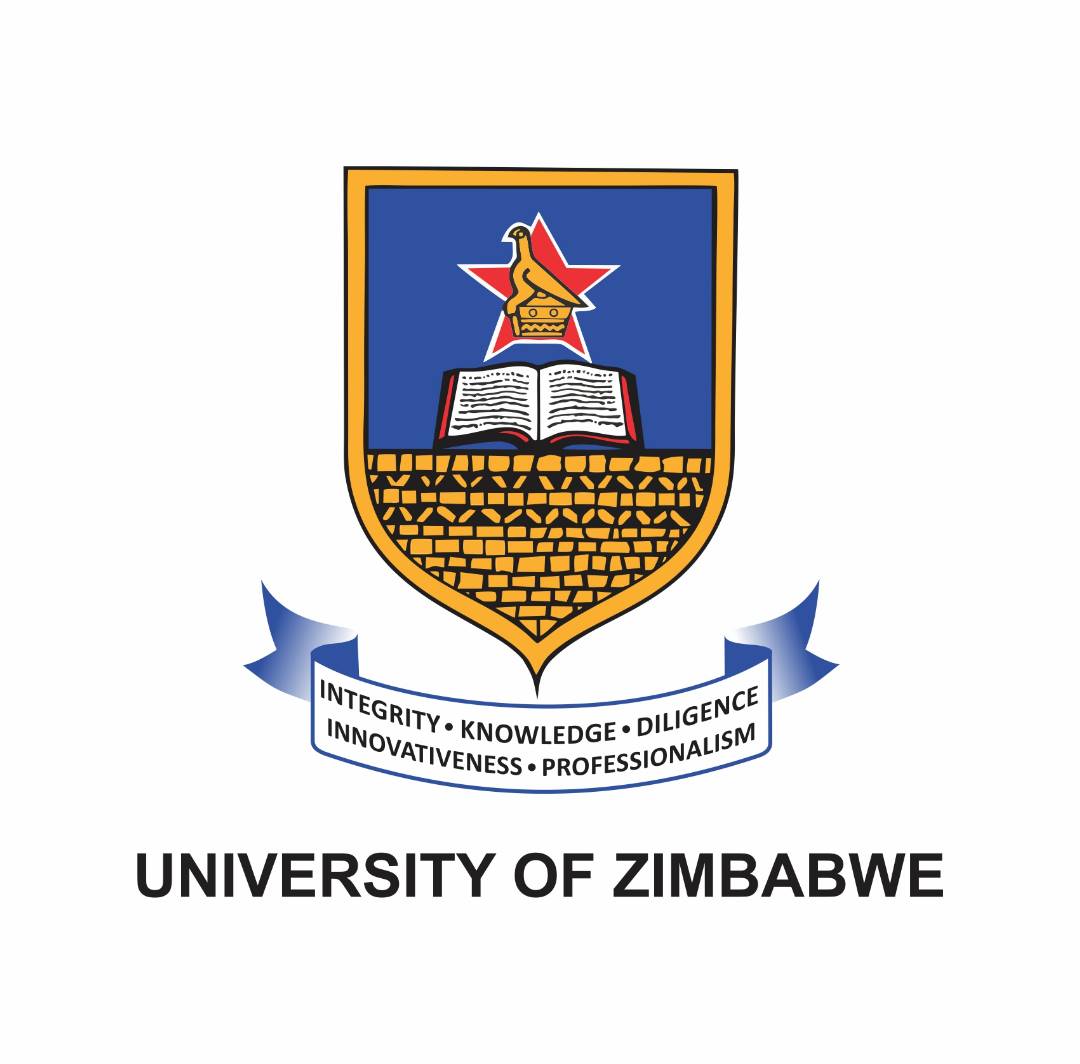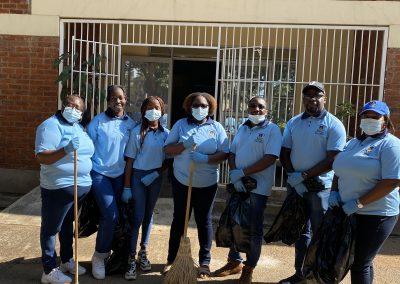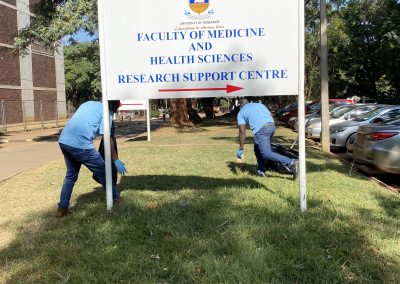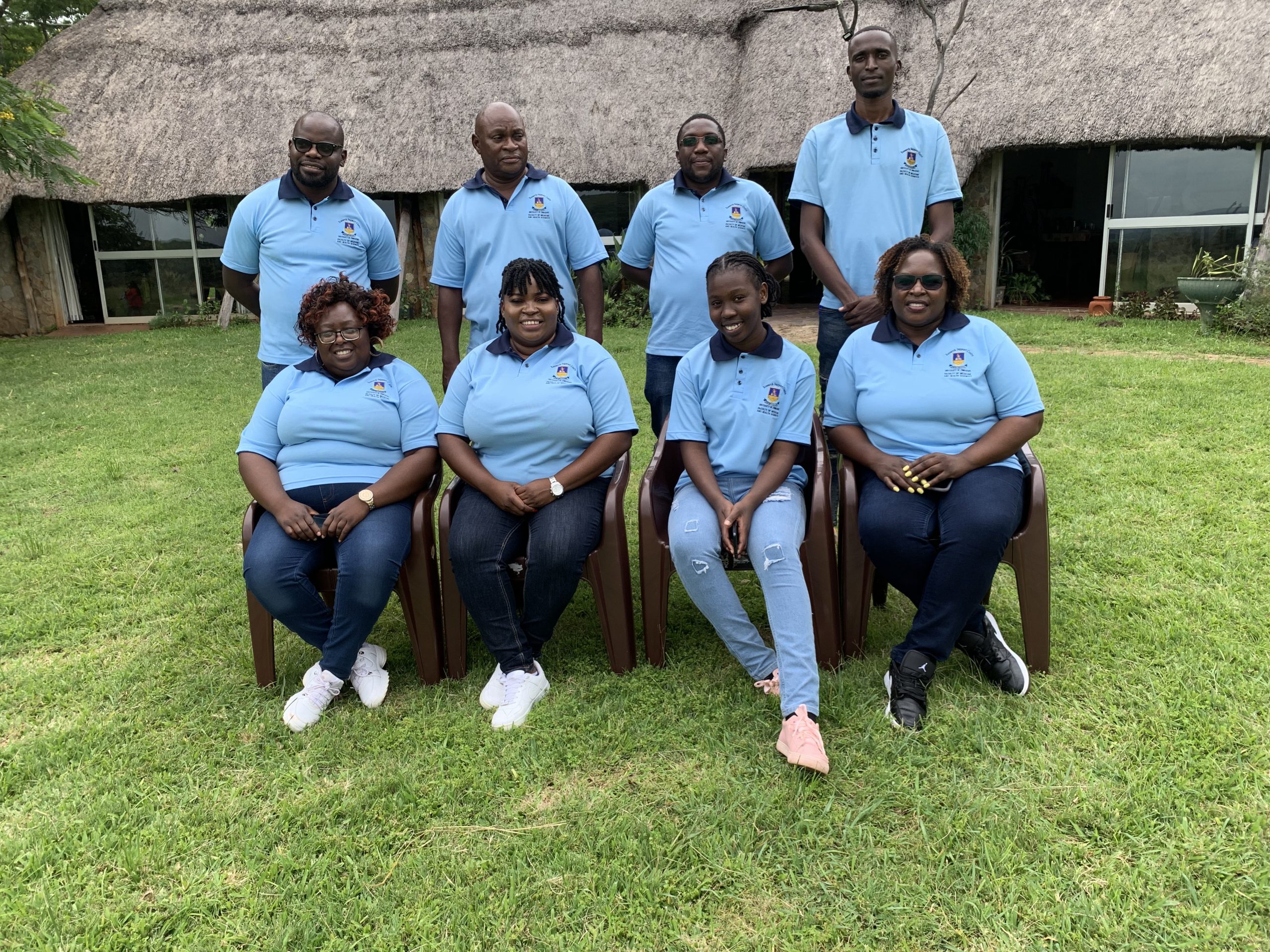
RSC 2023 Annual Review and Planning Meeting (4-5 February 2023)
The RSC Team went for a weekend retreat @Mwanga Lodge (4-5 Feb 2023). The team reviewed their 2022 activities, research management policies and set the goals and plans for 2023.
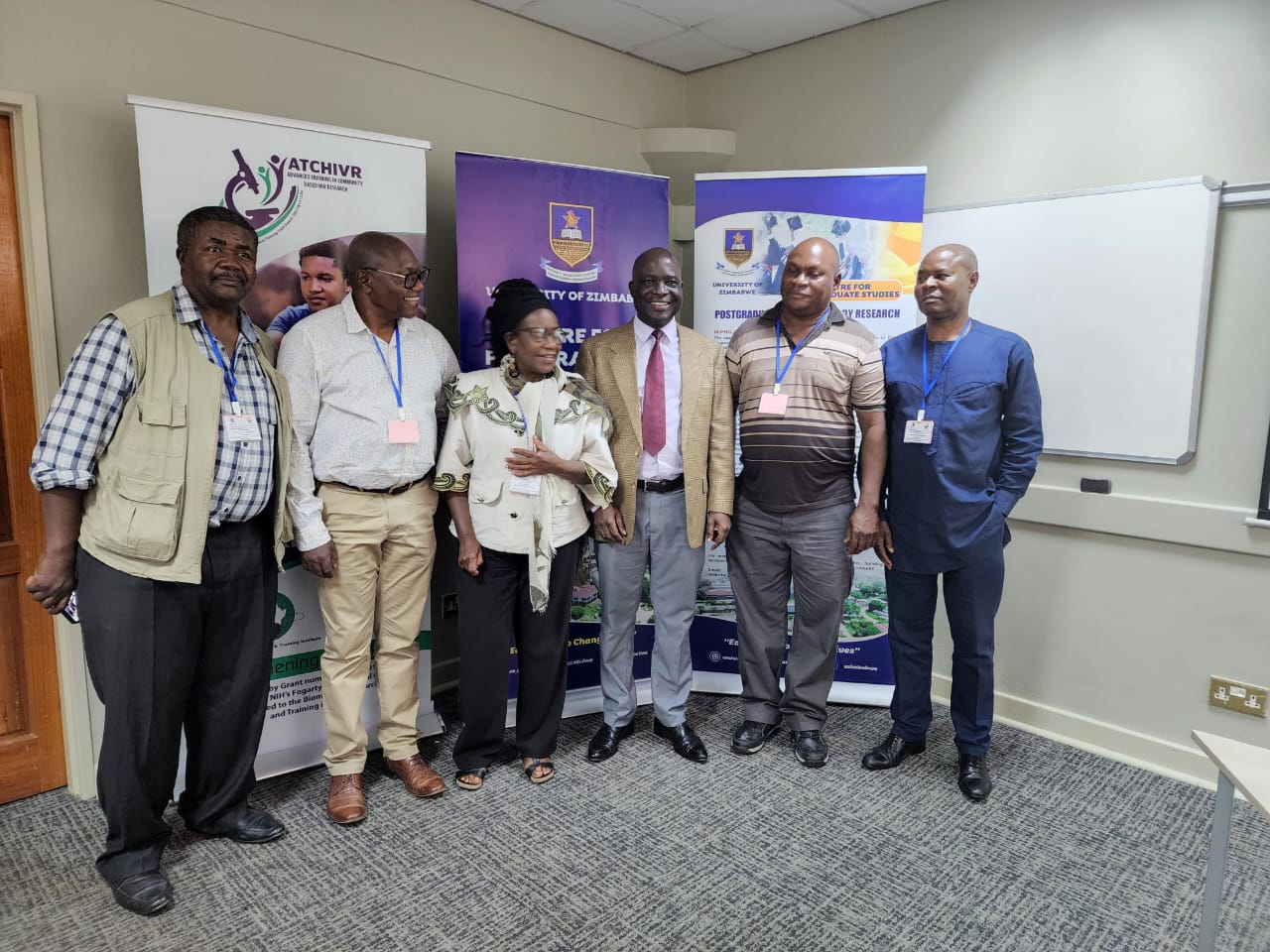
UZ Postgraduate meeting (13 February 2023)
RSC Director Prof Gomo at the UZ CENTRE FOR POSTGRADUATE STUDIES/BRTI MENTEES WORKSHOP held at the University of Zimbabwe
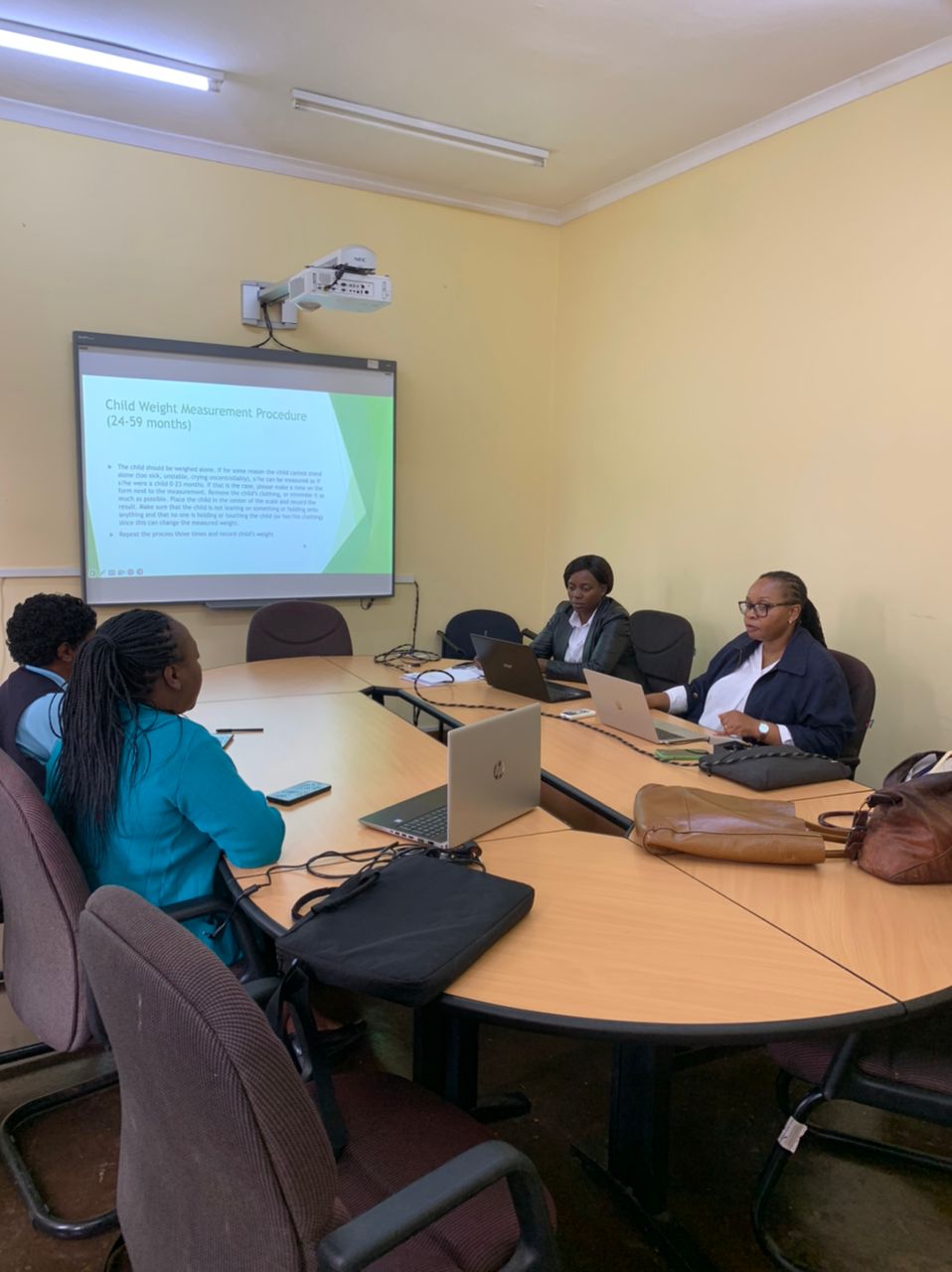
Child Development Observation (CHIDO) Study Protocol Meeting (16 February 2023)
Child Development Observation (CHIDO) Study Protocol and data training by the Principal Investigator Dr. L Mudawarima at RSC. The study will be conducted at the local Municipal Clinics & Harare Hospital Neonatal Unit as well as the Child Rehabilitation Unit.
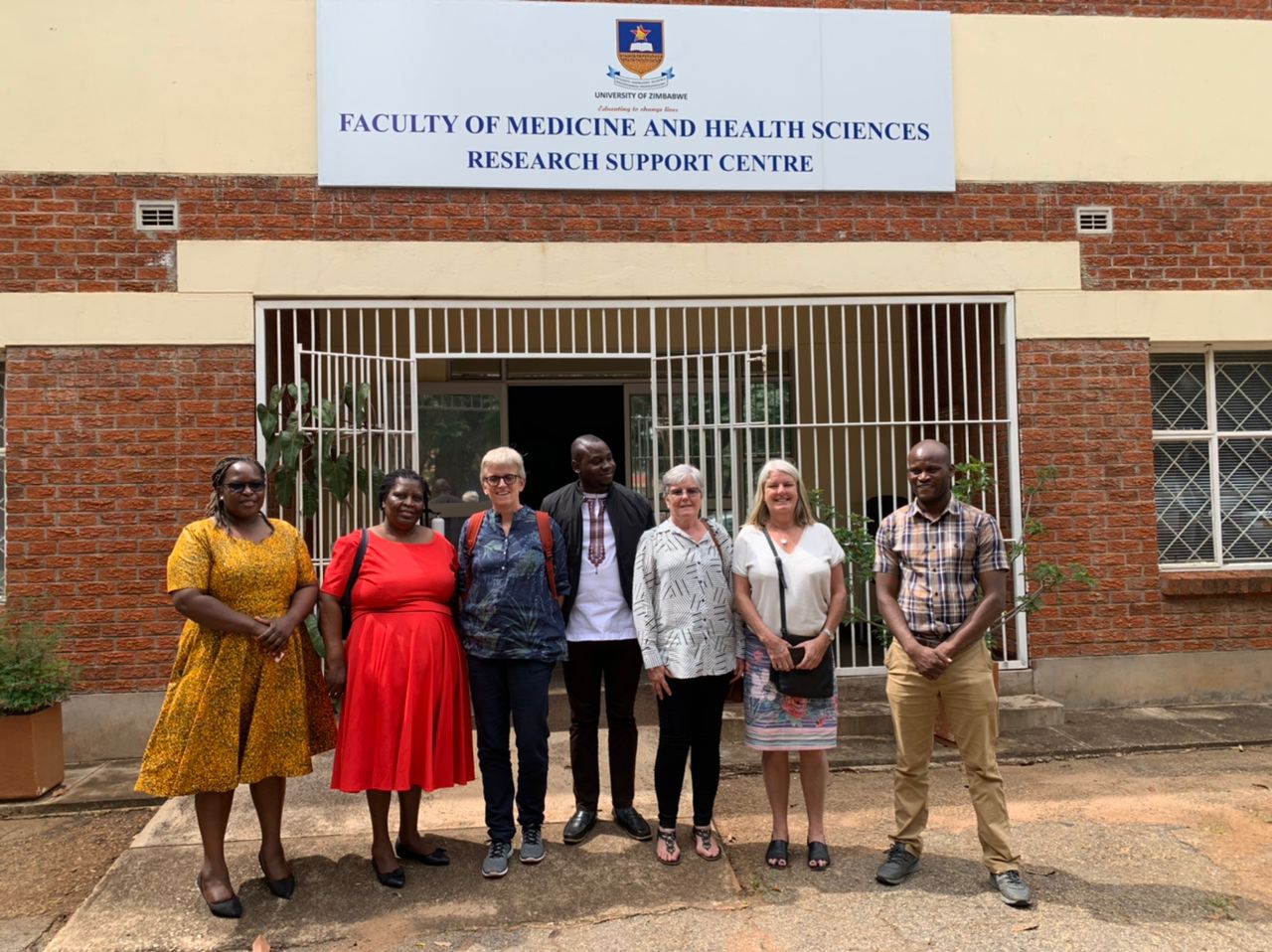
The UNICEF Study (22 February 2023)
Researchers from Norway, South Africa & Zimbabwe implementing the UNICEF study, ‘Children on the Move’, visited the RSC offices, led by Prof C Haruzivishe, Zimbabwe (PI). This is one of many grants being managed by RSC.
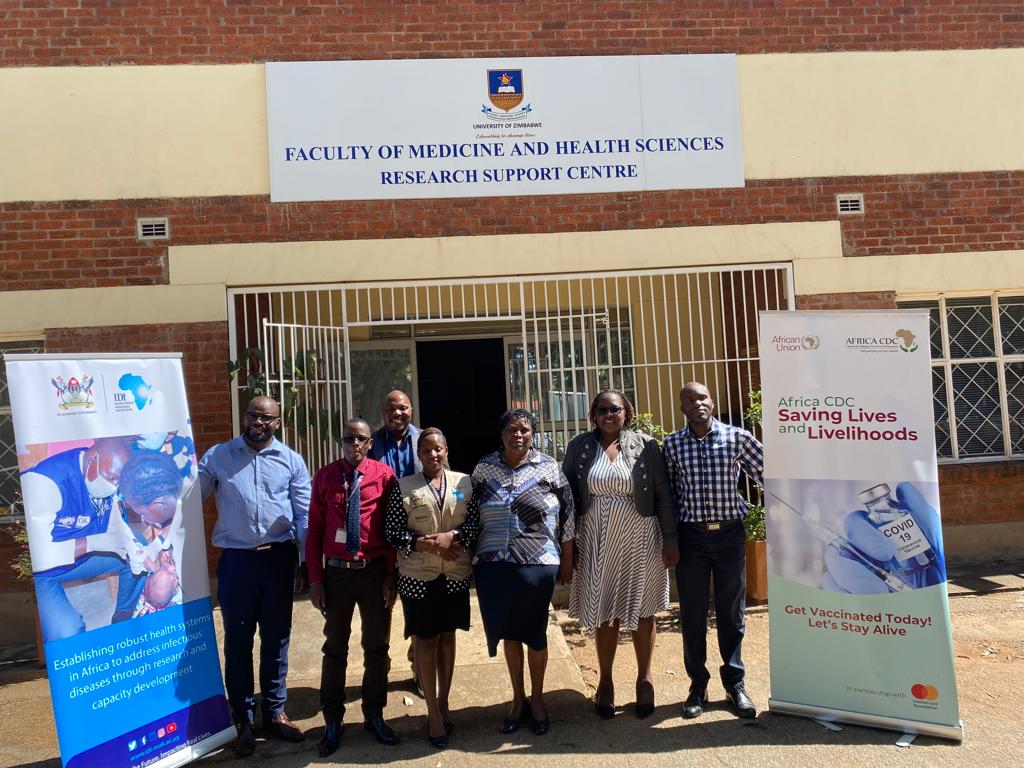
SUCCEED Zimbabwe @RSC welcoming their delegates from other SUCCEED countries. (28 February 2023)
SUCCEED Zimbabwe @RSC welcoming their delegates from other SUCCEED implementing countries Malawi & UK. SUCCEED Africa stands for SUpport, Comprehensive Care & EmpowErment for people with psychosocial Disability in Africa. This is an international research consortium.
